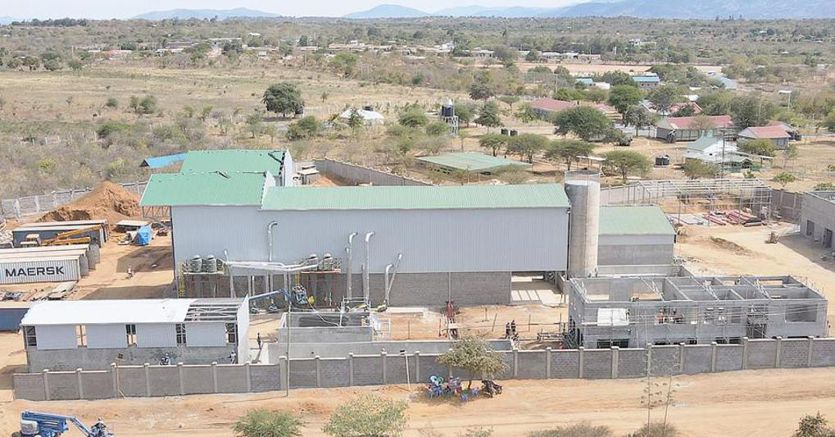There is a fact that more than any other captures the great effort that will be required of the transport sector to reduce its carbon footprint. A figure contained in the latest report on the sector signed by the International Energy Agency (Iea).
“Transport – reads the document – depends on fossil fuels more than any other sector and in 2021 represented 37% of CO2 emissions”.
And, although it was also one of the sectors most affected by the pandemic crisis, emissions have resumed growth as demand increases and the adoption of alternative fuels remains limited.
The role of biofuels
The goal of decarbonization, therefore, is not simple. But to accelerate the journey once and for all, a wide range of policies are needed to serve a mix of solutions, including biofuels. Which, the Agency acknowledges, “play a particularly important role in this regard as they provide a low-carbon solution for existing technologies: from light vehicles to heavy trucks to the aeronautics sector, where they are one of the most important options for achieving the net zero “. With a future trajectory destined to grow significantly. It is the IEA itself that puts the numbers of this increase in line: almost 60% of the demand for biofuels comes from OECD countries and it is expected that existing and future policies will produce a first increase this year, increasing the need by 5 % compared to the levels recorded in 2021.
The strategies of the states
Proof of this are also the various initiatives taken by some states, starting with the USA. Where, last August, the Inflation Reduction Act was passed which includes incentives for biodiesel, renewable and sustainable jet fuel, as well as support for infrastructure and biofuel production. Other countries, such as India, are betting a lot on this front, so much so that even the state company, Indian Oil Corporation, has long started a program for the supply of biodiesel produced from cooking oil. Pushing on one trend, that of the production of biofuels from waste, residues and dedicated crops not in conflict with the food chain, which, again according to the snapshot taken by the IEA, will make up about 50% of the biofuels consumed in 2030, compared to a estimate of 8% in 2021. And on which Europe is also moving, which has set new objectives as part of the Fit for 55 package and which in some sectors (read civil aviation) is willing to accelerate the share of sustainable fuels from part of the airline operators and airports of the Old Continent.
